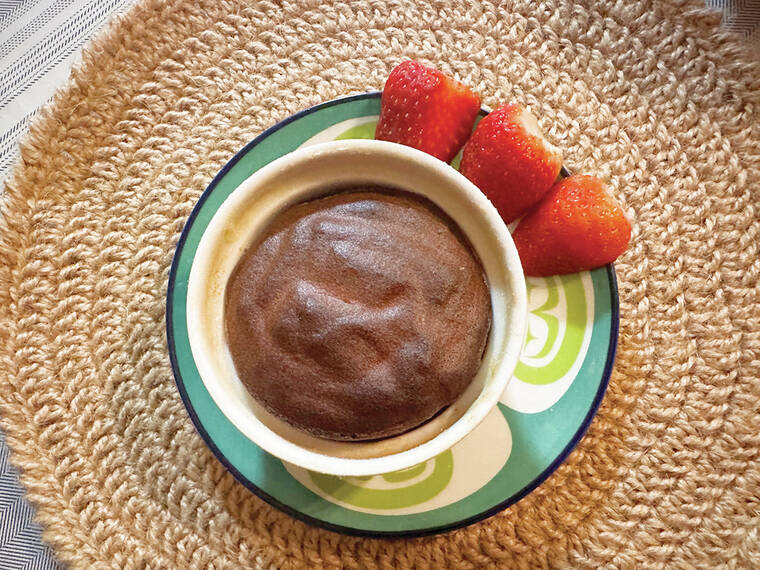Over consumption of added sugar can lead to chronic diseases like diabetes, high blood pressure and obesity, which are becoming more common worldwide.
We know that sugar is sweet and delicious, it can be found in processed food, soft drinks, baked goods, actually pretty much everywhere. It also creates addictions for many people, which leads then to emotional eating.
So what about sugar alternatives? There are some good ones, such as stevia and monk fruit. However, one specific natural sugar alternative called D-allulose is worth talking about because it is not just an alternative, it actually also acts as a supplement.
Allulose is a rare sugar naturally found in small quantities in wheat, sugar cane, certain fruits (like figs and raisins) and other foods. Unlike regular sugar, allulose is absorbed by the body but not metabolized, making it virtually calorie free so it has no impact on blood glucose and insulin levels, something that’s very important especially if you are pre-diabetic or have type 2 diabetes.
Allulose contains approximately 0.2 to 0.4 calories per gram, significantly less than the 4 calories per gram found in sucrose (table sugar). In addition, it blocks the GLP-1 pathway which helps reduce your hunger, so can be beneficial if you want to lose weight.
It closely mimics the taste and texture of sucrose, making it an ideal sugar substitute in baking and cooking. It can even improve the texture and stability of some foods, especially those containing egg-white protein.
So not only is it a sugar substitute, preliminary research has shown no harmful effects and suggests that allulose may have antioxidant properties and act as a dietary supplement that helps improve insulin resistance, fat metabolism, brain protection, and prevent atherosclerosis and regulate glucolipid metabolism.
It is thought to lower systolic blood pressure, reduce cardiovascular disease risk, and support gut health with its prebiotic effects, enhancing digestion. It can also promote satiety, assisting in weight control.
Allulose has been approved by the FDA (U.S. Food & Drug Administration) and GRAS (generally recognized as safe). When consumed, 70 percent is absorbed in the small intestine, with some being fermented by gut bacteria, and 30 percent is excreted.
It is not metabolized by our body and can be detected in urine. It works by reducing inflammation, affecting certain gene expressions, and improving the composition of gut bacteria, particularly increasing beneficial ones like lactobacillus and coprococcus.
A study giving 5 grams of d-allulose per meal over 12 weeks to healthy individuals showed no adverse effects. A study published in the “Nutrition Journal” found that allulose had minimal impact on blood glucose and insulin levels in adults.
And another study in the “Journal of Food Science” explored allulose’s antioxidant properties, suggesting it could offer protective benefits beyond its role as a sweetener. The main method for producing d-allulose is through enzymatic synthesis, with ongoing research aimed at finding new enzymes and improving production processes.
In summary, allulose can be useful in baking or putting in your tea or coffee, as it offers a sugar-like sweetness without the calories, making it a better choice than sugar and artificial sweeteners like Splenda, stevia or erythritol.
However, comprehensive human studies are needed to better understand the long-term health implications, and as always, individual differences need to be considered so if you try it out please do so slowly and see if you start to see the same positive effects on yourself. If you do try then just make sure that you are buying a pure form of allulose.
References:
• National Library of Medicine. “Research Advances of d-allulose: An Overview of Physiological Functions, Enzymatic Biotransformation Technologies, and Production Processes”. https://www.ncbi.nlm.nih.gov/pmc/articles/PMC8467252/
• Cleveland Clinic. “What You Need To Know About Allulose”. https://health.clevelandclinic.org/what-is-allulose
• Allulose(dot)org. “What is Allulose?”. https://allulose.org/allulose-info/about-allulose/
• UCDavid. “UC Davis, Mars Researchers Discover Scalable Production Technique for Low-Calorie Sugar Substitute”. https://www.ucdavis.edu/food/news/uc-davis-mars-researchers-discover-scalable-production-technique-low-calorie-sugar-substitute
• ScienceDirect. “Technological aspects of functional food-related carbohydrates”. https://www.sciencedirect.com/science/article/abs/pii/S0924224498000594
• US Food & Drug Administration. “FDA In Brief: FDA allows the low-calorie sweetener allulose to be excluded from total and added sugars counts on Nutrition and Supplement Facts labels when used as an ingredient”. https://www.fda.gov/news-events/fda-brief/fda-brief-fda-allows-low-calorie-sweetener-allulose-be-excluded-total-and-added-sugars-counts
• National Library of Medicine. “Rare sugars: metabolic impacts and mechanisms of action: a scoping review”. https://www.ncbi.nlm.nih.gov/pmc/articles/PMC9343225/
•••
Ayda Ersoy is a nutritionist (Dip.C.N., Dip.S.N.); master trainer (CPT ACE, NCSF, CanfitPro); registered yoga teacher; founder, Health Angel Nutrition, Fitness and Wellness; and founder, SMS (Stability, Mobility Strength) Intuitive Training System.


